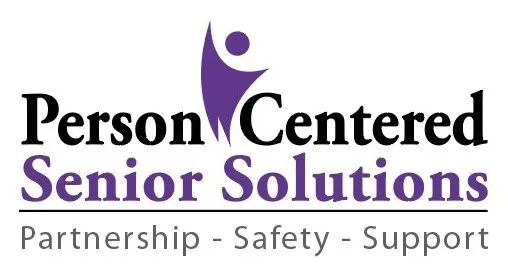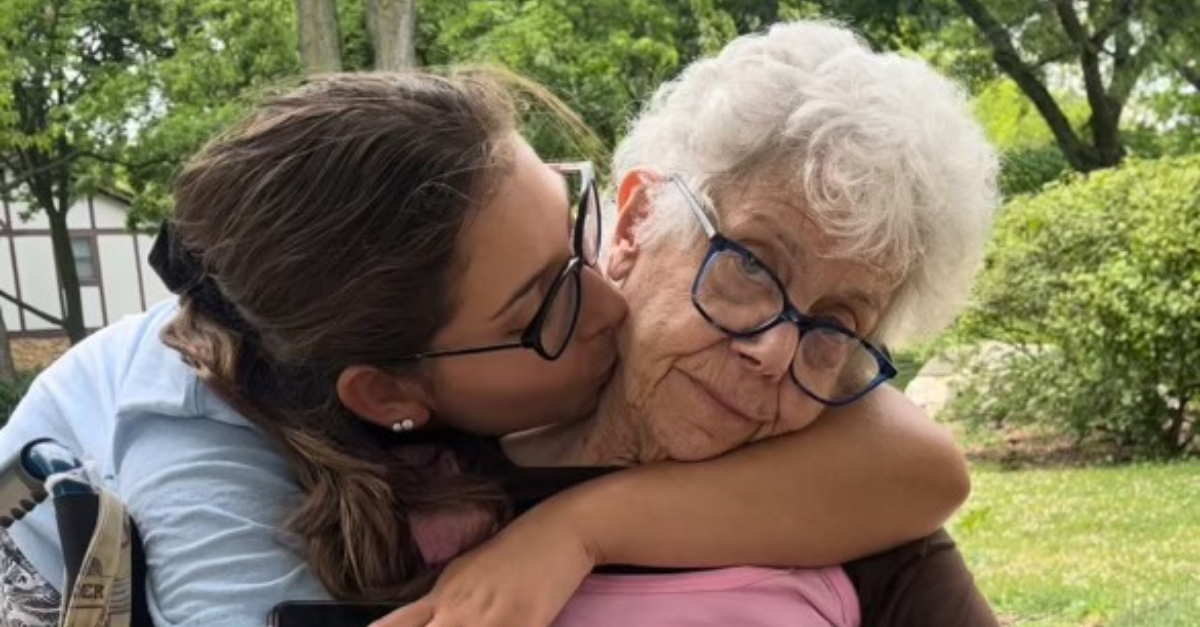Our family put forth our best effort to care for my mom at home. Everyone pitched in, and we were fortunate to have Marcy, a compassionate and dedicated care partner. Marcy treated my mom with kindness and respect, honoring her wish for independence. We were all committed to making this arrangement work—frequent visits and constant support for Marcy became our routine. 

Despite our efforts, we began to see changes in my mom. Her agitation, paranoia, and distress resurfaced, and she started to push Marcy away. Family visits, once a source of comfort, turned into stressful events as my mom cried out for us to “save her.” It was heartbreaking to realize that the home environment, filled with memories of raising her children and life with my dad, was no longer a haven but a source of distress.
It became clear that my mom needed more than we could provide at home—she needed structured care, professional oversight, and specialized programs tailored to her dementia. We began the difficult search for a place that could offer her the safety and care she needed, a place where we felt confident in her well-being.
The logical part of me knew that moving my mom into memory care was the best decision, but the feelings of guilt were overwhelming and painful. I was filled with emotional turmoil. It’s a journey many families face, filled with difficult choices and the desire to do what’s best for our loved ones, even when it breaks our hearts. The video says it all – so painful.
I am working hard to listen to and internalize the advice I give to my families who are preparing to move their loved ones. It is such a complex mix of emotions. Guilt comes from many sources and is different for everyone.
Sources Of Guilt
- Perceived Abandonment: Feeling that you are abandoning your loved one by not being able to care for them at home.
- Broken Promises: Remembering promises made to keep them at home or in familiar surroundings.
- Self-Expectations: Believing that you should be able to manage their care without outside help.
- Judgment from Others: Worrying about how others perceive your decision and fearing criticism.
- Emotional Attachment: Struggling with the emotional bond and the idea of being separated.
I must say my source of guilt is #3- Self-Expectations. If anyone should be able to take care of my mom, it is me. I have the professional experience, knowledge, and ability to help other families through similar challenges, I should be able to be there for my own mom. Personally, and honestly, if it were possible for me to leave everything behind and care for my mom full-time, I would do it in a heartbeat. Although I have considered it many times, the reality is harsh: my home isn’t equipped for her needs, I would have to give up my business and it would disrupt my family’s life completely, making this reality impossible.
Advice on Coping with Guilt
It is time for me to listen to the advice I give to others on coping with the guilt of moving a loved one out of their home and into a memory care community such as:
- Acknowledge Your Feelings: Recognize that feeling guilty is a natural part of this transition and does not reflect on your love or commitment.
- Educate Yourself: Understand the benefits of memory care, such as specialized support, social interaction, and safety, which can improve your loved one’s quality of life.
- Seek Support: Talk to friends, family, or support groups who understand your situation. Sharing your feelings can provide comfort and perspective.
- Professional Guidance: Consult with healthcare professionals or counselors to discuss your feelings and receive guidance.
- Focus on Positives: Remind yourself of the positive aspects of memory care, such as professional care, better social opportunities, and improved safety for your loved one.
- Stay Involved: Regularly visit your loved one and stay engaged in their care plan. This helps maintain your connection and ensures you are part of their life.
- Self-Compassion: Be kind to yourself. Acknowledge that you are doing your best in a difficult situation and that seeking help is a responsible and caring decision.
- Reframe Your Perspective: Instead of viewing the move as a failure, see it as a step towards providing the best possible care for your loved one.

